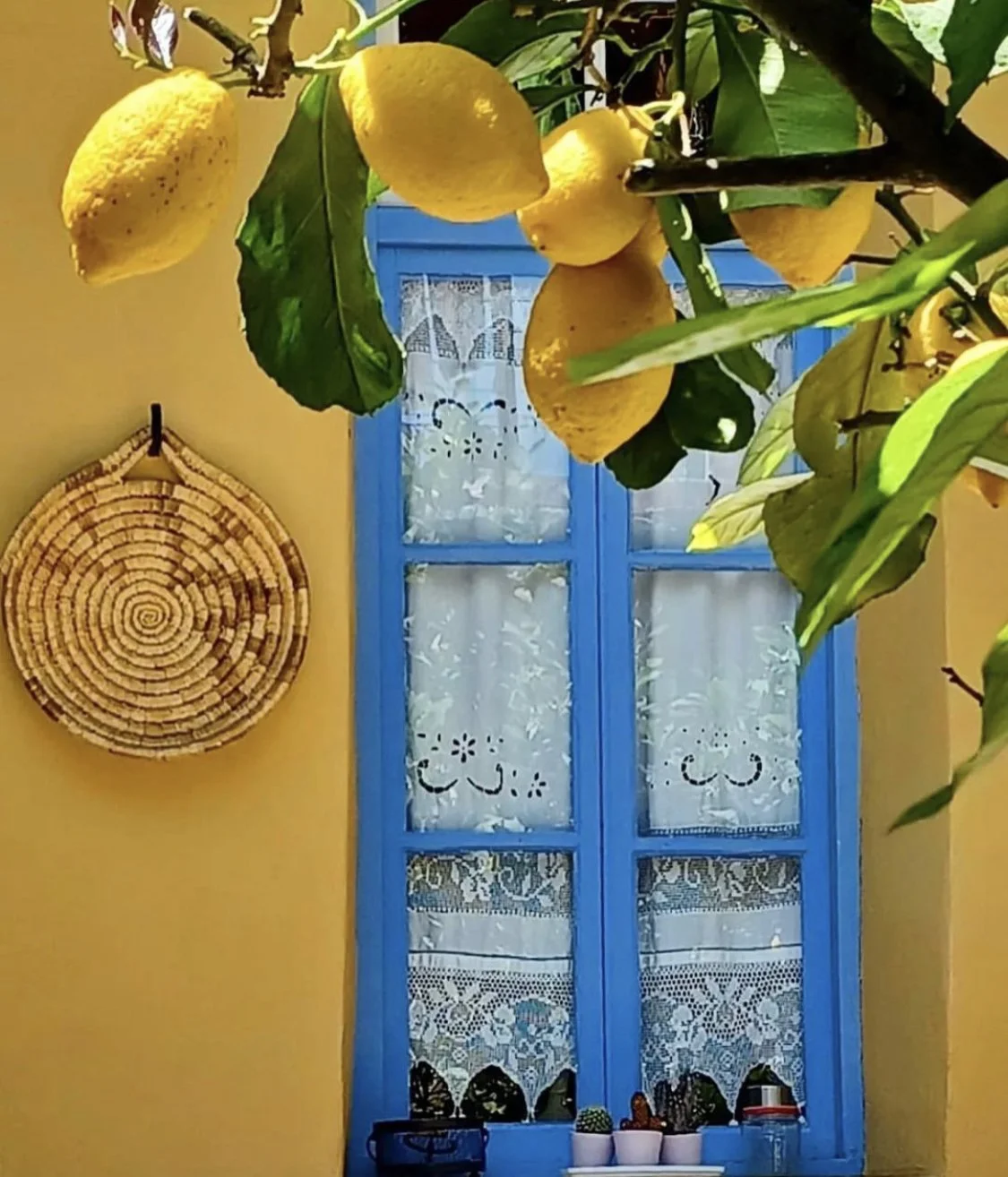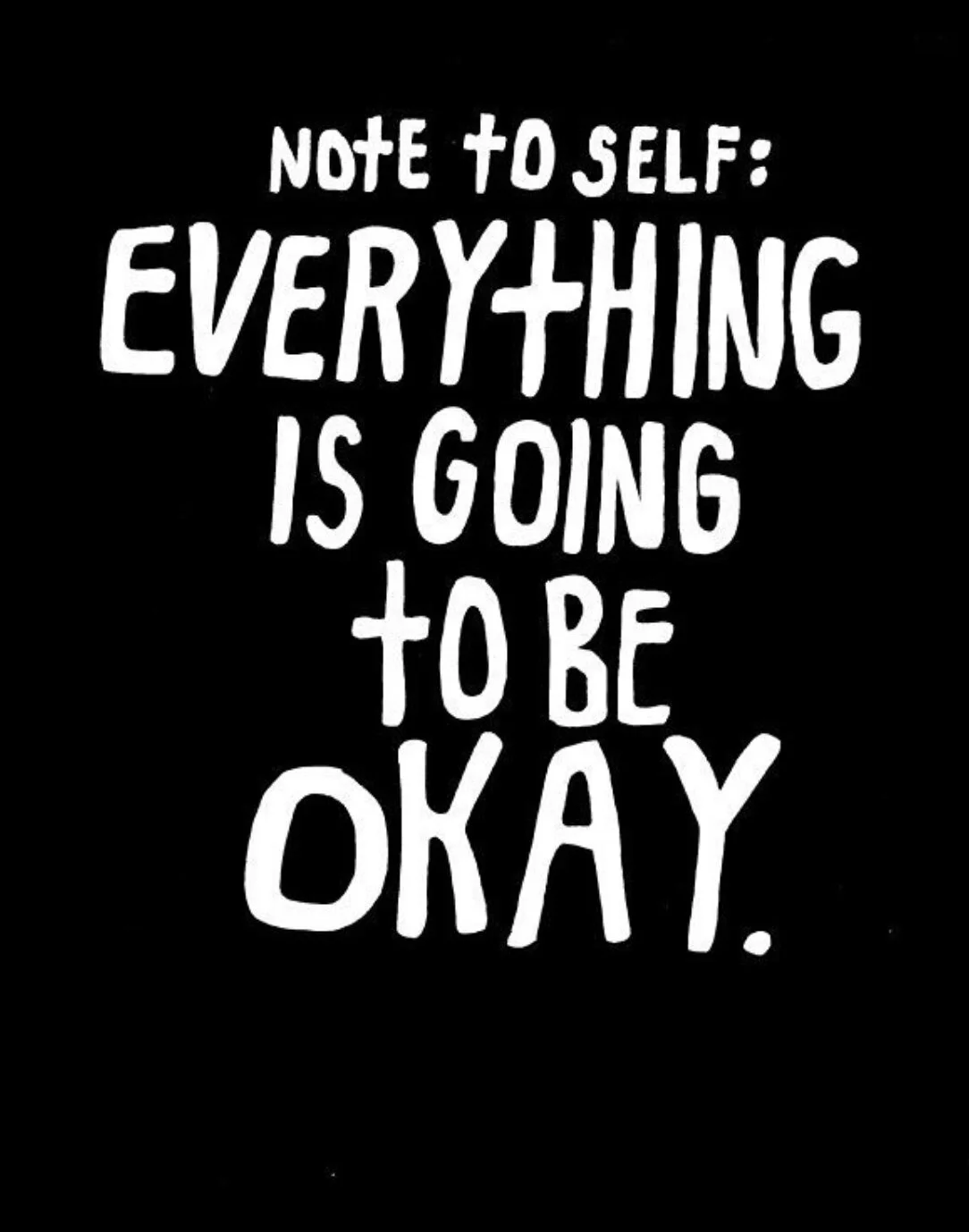Living In Liminality
2023
September is the gorgeous month of liminality: the leaves are changing during the hot, sunny days and cool, cozy evenings. We are no longer enjoying full summer, but we are not yet enduring the cold months. Liminality is the state of being in-between, or transition. It is the hush between sleep and being awake. It is the moments between pushing the brew button and that delectable first sip of coffee. It is the time it takes cold water gushing out of a shower head to turn hot and soothing. The word ‘limen’ means threshold in Latin. When we’re in a liminal space, we’re in a state of ambiguity, neither this nor that. This space is a place I often waste with impatience, but now that I understand it as a metaphorical concept, I am trying to respect it as an opportunity for mindfulness practice.
Beaches are liminal spaces that mesmerize and sooth as we watch the tides of life ebb and flow.
Liminality permeates the cultural, physical, psychological, political and conceptual transitions that occur in our lives. We celebrate birth, weddings, death, seasons and elections to mark the transition of major liminal passages. Home construction can feel liminally stressful because our physical space is in a prolonged transition. A baby takes nine months of liminal energy to create. A divorce or job loss feels liminal because our status is on hold until a period of time re-establishes a new physical and emotional homeostasis. Waiting for the next meal on an empty stomach is a soul-destroying state of liminality that seven hundred million people live with daily. Globally, we are experiencing liminal moments as AI technology and Eco-anxiety become more prominent in our lives. Liminal transitions occur over a wide spectrum and often feel stressful for the people experiencing them because it is a moment of bridging. It’s true that a bridge can take us from one place to the next, and that’s exciting—but the act of crossing it can feel unnerving.
I’m not suggesting that our every waking moment needs to be a moment of mindfulness, our habits and patterns carry us along just fine. But it is satisfying to name this interim time and space and I do love the word liminality. It kind of shimmers and sparks, and being in a mindful place during it I can see myself in a kind of slow motion. I can see and feel more gratitude for the hot coffee and the running water, and I can make more consciously aligned decisions as I bridge to the next thing.
In Viktor E. Frankl’s seminal book Man’s Search For Meaning, about his tortuous experiences during the Holocaust, he talks about the space between stimulus and response. This is liminal space, and it is where all our power lives. It’s the threshold of where the opportunity to make a choice—and to possibly pivot—lives. It’s a vital space to recognize and respect, and now we can name it as liminal space, a place for mindfulness.
‘Between stimulus and response there is a space. In that space is our power to choose our response. In our response lies our growth and our freedom.’ —Viktor E. Frankl
Liminality can be both liberating and daunting because it’s a period of transition—like standing at the threshold of a new adventure—but with the weight of experience on our shoulders. It can be banal, like going from one chapter to the next in a book, or we might feel a sense of restlessness, as if we're caught between who we once were and who we want to become. I often feel this way just before a big trip, and I think: ‘Resfeber (n.): The restless race of a traveler’s heart before a journey begins; a ‘travel fever’ of anxiety and anticipation.’
Remember ‘The Twilight Zone’? It was a TV show about the liminal spaces between the natural and the supernatural. ‘Twilight Zone’ is now used metaphorically to describe a state of uncertainty, ambiguity, or surrealism.
Naming things helps to embody an array of ideas and feelings into a tangible unit that we can grasp and point to. Living liminally is something that just is, it is something that we have always experienced, but pausing to name this concept, giving it structure and stature gives us a place to be more fully conscious, to rush less, to relax into things more, and to reflect more mindfully.
I experience many liminal moments a day as my pup, Trixie, sniffs and circles in preparation for the perfect pee spot. It nearly triggers a vertigo attack in me as I watch her choose, then spin and spin. Instead of becoming impatient with her I am now trying to be more zen about her process; knowing I’m in a liminal state helps.
I am in a major liminal moment now, where I am scheduled for a surgery that will eliminate my vertigo attacks and implant a cochlear device that will improve my right ear hearing from 5% to 50% (maybe more). Sounds amazing, huh? I think so too! This decision has been in the making for a year and it has been green lights all the way. Yet, the closer I get to my surgery date, the more aware I am of the liminality of it all, the bridge between saying “Yes, you may take a scalpel to my brain, or No, wait— ‘Will I be okay?’ ‘Will I feel better?’ ‘What will I lose than I cannot anticipate?’ ‘What will I gain?” It’s twilight zone time.
Liminal space is not always a pleasant place to be in—our minds do not switch easily between identities, states, concepts, and beliefs. Humans prefer structure and certainty: in a word, control. I’m trying to remain focused on the optimistic outcome I have created for myself, but this liminal period is creating a bit of a ping-pong match in my head. I am trying to use it to learn to be comfortable with the unknown and to trust my instincts. I remain hopeful—even a bit Pollyanna—as I work with my brain to create neural pathways of optimism and positive outcomes.
Liminal Space and Mental Health
Two liminal moments: a sunset can be soothing while a crossroad can feel like a challenge.
Liminality isn't a crisis, it's a crossroads—yet varying degrees of anxiety and depression are associated with liminal space. There are ways to self-regulate these moments, but professional guidance might be indicated if the stress can’t be metabolized through self-care practices such as these:
Lean In
A state of liminality can feel like a strange kind of overwhelming homesickness. Try to name the fear within the context of liminality: ‘I’m worried about ‘X’ but I know this is temporary.’ Leaning into feelings of anxiety means addressing the fear rather than avoiding it. For example, when I’m in an airport—a very liminal space—and my flight has been delayed, I find a comfortable spot to park myself and then I ‘Go Buddha’ breathing into a meditative state of calm. I remind myself that I have privileged resources: my earbuds, a credit card, an iphone, and stuff to keep me occupied. I am going to be okay; I will get home safely. By redirecting my feelings of unease into something productive my time is not lost in unpleasant liminality—it is reconstituted, but still moving forward.
Delete Drama
Liminal stages can cause anxiety and even panic attacks in some people who have a strong emotional reaction to feelings of uncertainty or stress in their transitional periods. Catastrophic thinking creates this anxiety by conjuring worst-case scenarios. Yes, bad things can happen—and they do sometimes—but not nearly as frequently as our monkey minds, or the news cycle, would have us think. Our brilliant brains create more neural pathways based on what we think about, so by focusing on the possibilities and positive outcomes of a situation we can find workable resolutions faster.
Meditation-Yoga-Breathing
Our human default is to plan, prepare, and execute, and living in liminal space is just the opposite. Coping mechanisms such as meditation, yoga, and breathing exercises can be useful tools to help reduce the stress related to liminal stages. You have heard it a million times: meditate! The reason for this is because it really does work. It quiets the mind and helps to regulate the body’s support systems; mediation is the fastest route to a clearer perspective. Knowing a few simple breathing techniques for regulating stressful times is helpful, too. I like the simple box breathing method of 4-4-4-4.
Be The Light
Life is not designed to be a set of rigid sequences. Our awareness of liminal moments can help our minds to soften from black and white thinking to embracing a rainbow of possibility. I’d like to invite my readers to make a practice of living in liminality so we can create a kinder more expansive world for the folks who don’t fall into prescribed categories, or who follow paths that are alternative to the cultural norm. It’s time to destigmatize the heterodox who live in transition or in a value system that does not match our own, because the world does not live in elegant categories. We all tread a path with a series of challenging bridges. It’s only our social anxiety that requires the reinforcement of the rules, the box checking, the safety of knowing the sequence or the status. Innovation and creativity will not occur within rigid structures and thinking; we must learn to live fully embracing the liminal moments for new possibilities to be born. This is how we evolve our consciousness, and now we have liminality—a beautiful concept—to help us cross those big bridges.
I’d love to hear from you—feel free to send your comments to me. Please share this post with a friend :) and thank you for reading!






















